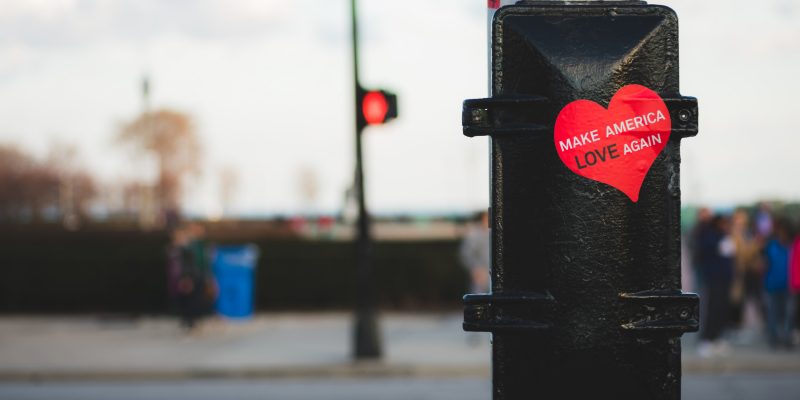American author Margaret J. Wheatley says “Without reflection, we go blindly on our way, creating more unintended consequences, and failing to achieve anything useful.” Wheatley is a kindred spirit who teaches about how we can accomplish work, sustain relationships, and serve others.
After several busy months of speaking engagements, I was ready for an intentional pause. The month that celebrates Black History, Valentine’s, and Heart Health feels like the right time to reflect.
Usually my Upholder tendency urges me to push forward with a goal no matter what. A perfect example is when I ran a marathon despite a knee injury. I was too stubborn to give up even with the potential consequence of never being able to run again. Years later, I was forced to reevaluate, if not running, how do I shift to lower-impact alternatives?
On a greater scale, as the world changes and circumstances outside of our control arise, we must reevaluate. When COVID-19 struck, many of us transitioned to working from home. Entrepreneurs, organizations, and businesses of all sizes pivoted to accommodate a changing landscape.
Then, the tension in America from centuries of racial injustice boiled to the surface. I live in Minneapolis just a mile from the sites where Mr. George Floyd was murdered and where protests made international headlines. For days, helicopters circled our neighborhood and the smell of burnt buildings filled the air.
Americans from all walks of life joined the fight for racial justice. Not feeling comfortable protesting during the pandemic, it wasn’t immediately clear how I could contribute. While often perceived as white, I am mixed-race and raising a brown child. This identity, however, does not make me an expert. I chose to question my understanding of race in America, and turned to books, workshops and podcasts to unlearn and relearn about our county’s history.
My workplace, like many others, accelerated its Diversity, Equity & Inclusion practices. I formed a DEI workgroup within my coaching team and facilitated a training to understand implicit bias. Spoiler alert, we’ve all got implicit biases. The key is to address these with awareness and education. Taking a free test from Harvard’s Project Implicit is a simple first step to identifying some of your biases.
Each of us can make a difference in our own unique way. As a productivity coach, I help busy people clarify their values and create intentional time for what matters most. My hope is that we can each take moments to pause and reflect asking ourselves “What is my work (personally and professionally) and how do I contribute to positive change?”

